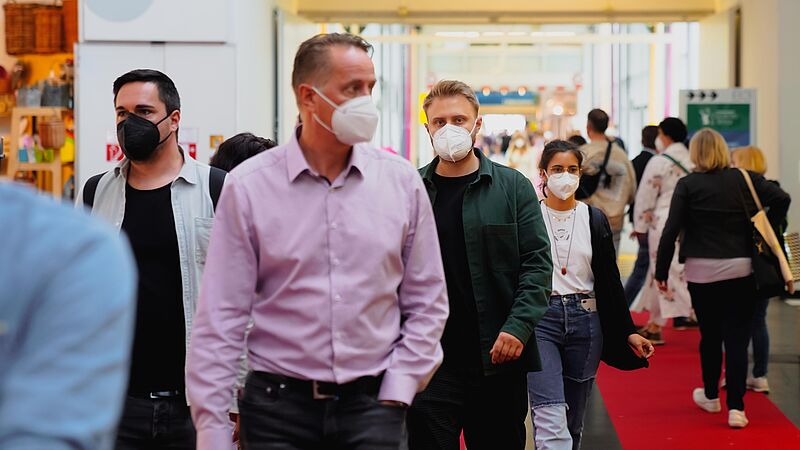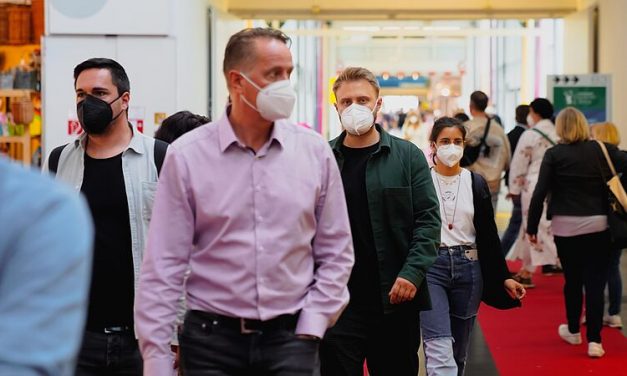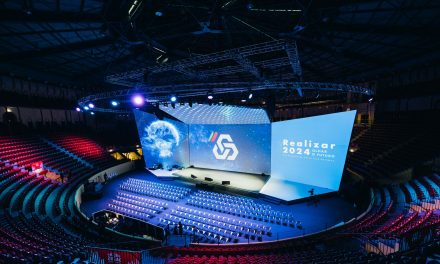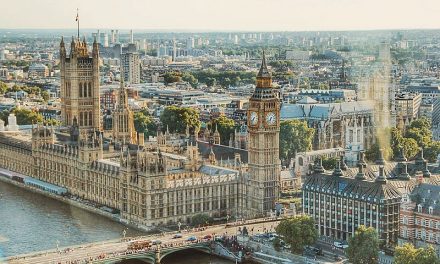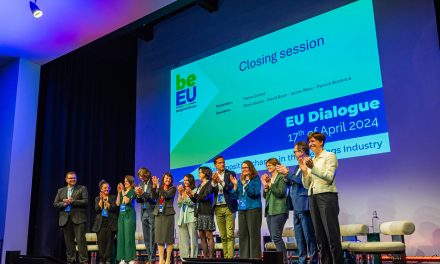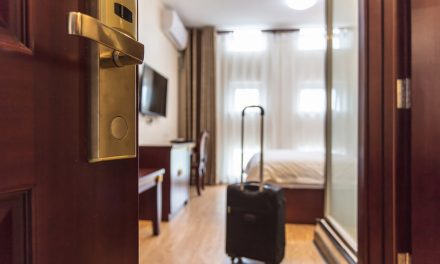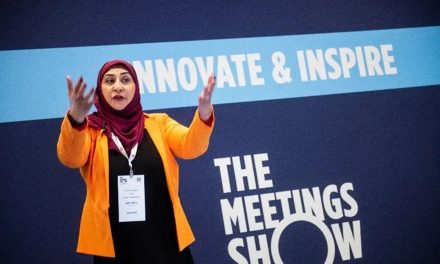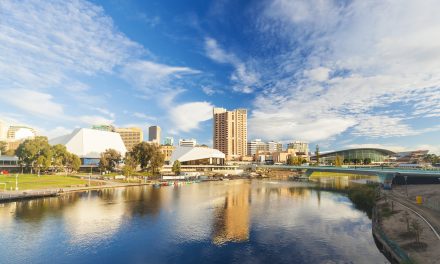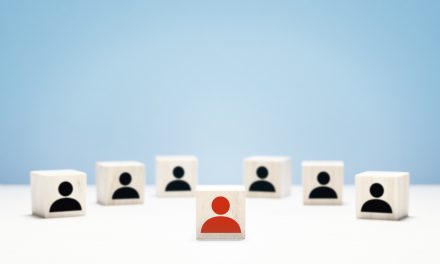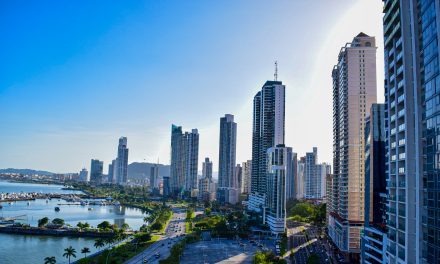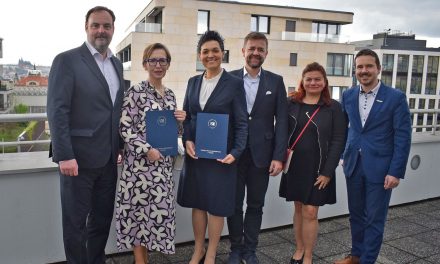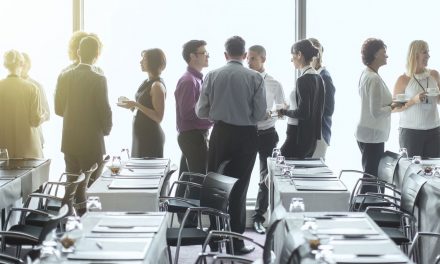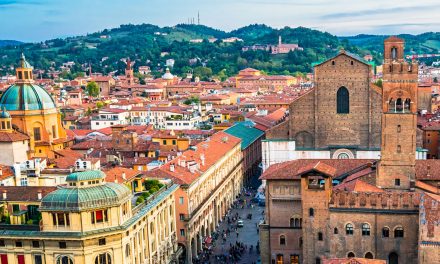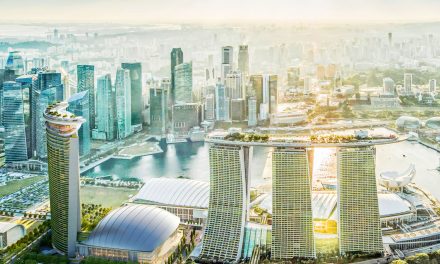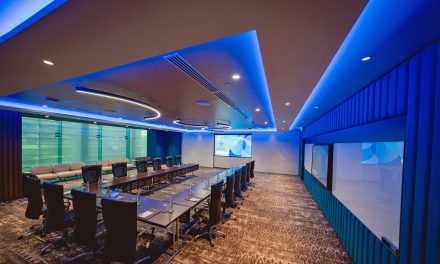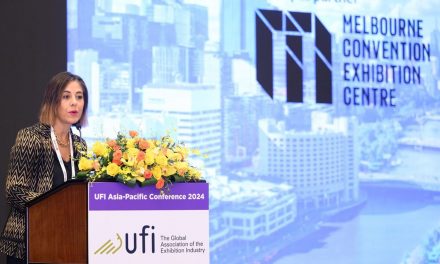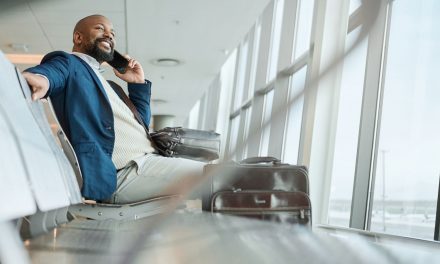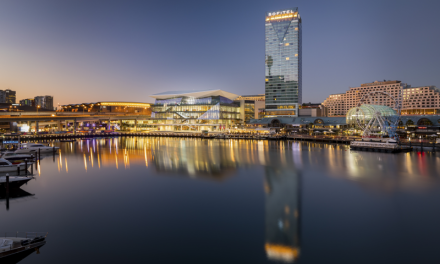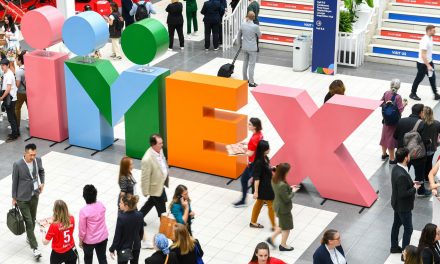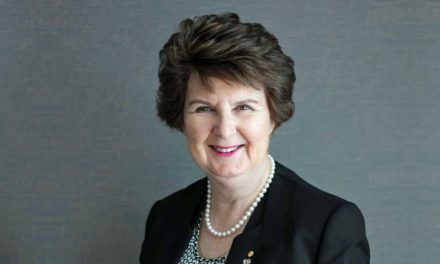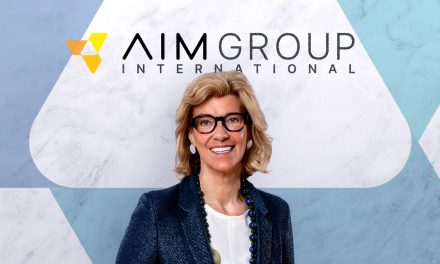Rethinking. Finally, there seems to be space again for meeting face to face and sharing knowledge at in-person events. Offered as alternatives, virtual and hybrid formats can never fully replace a culture of live experiences and encounters. But, on the pro side, their advantages include a larger reach and unlimited availability of meeting content. Little surprise then that, according to a study published by the International Meetings Association (ICCA) in June 2021, 56 per cent of association congress planners want to adapt virtual formats to their largest meetings scheduled for 2021. This means that providers of conference facilities need to upgrade technically. Even if customers opt for hybrid formats, investments are still necessary: in ventilation systems and flexible room solutions to enable social distancing compliance. Simultaneously, earnings from catering, once a standard source of income at every event, are currently being lost due to the pandemic. The current degefest trend analysis “Restart 2021/22”, based on an online survey of degefest members in March 2021, reveals that 85 per cent of respondents expect this year’s sales to reach more than 70 per cent of the figure for 2019. The initiator of the study, Professor Jerzey Jaworski from Heilbronn University, comments on the results: “We must not forget that event venues do not primarily generate their revenues through knowledge transfer, but more specifically through offers such as catering, event services, accommodation, social programmes and a lot more. Therefore, if face-to-face events are cancelled due to the pandemic and replaced by online events, this endangers the core business of an event venue.” As specifically requested by the members, the degefest conference will take place live in Dortmund on 14 and 15 October 2021.
Green light was given on 20 July to hold trade fairs in Bavaria again from 1 August 2021. The decision came after the successful staging of the TrendSet pilot trade fair from 10 to 12 July 2021. At Messe München, 600 exhibitors presented themselves to 16,633 trade visitors, an increase of almost 30 per cent year-on-year. The Munich premiere of IAA Mobility 2021 from 6 to 12 September 2021 picked up on the smooth implementation of hygiene and infection control measures. With its new concept, IAA Mobility explores all forms of mobility and sees itself less as a showcase for automotive brands than as a vision of the future with a focus on sustainability.
The new concept comprises three themes: Summit, Blue Lane and Open Space. In addition, the IAA Conference platform will make its debut, both in English and German, enabling visitors to take part in innovative formats such as a Business Club House in hall A. Open Space will bring the trade fair into Munich‘s downtown area where Munich citizens can interact with the latest mobility innovations in public spaces. They are connected by the Blue Lane, a twelve-kilometre test track.
“At Nuremberg Convention Center (NCC), we use the hygiene concept developed together with the Bavarian government, the other Bavarian exhibition venues and private trade show organisers. This has already been successfully tested at a pilot trade fair in Munich and will be applied at our FachPack trade fair in September 2021,” says Alexandra Költsch, NCC’s Manager Acquisition and Marketing.
The 180,000 sqm venue with its three ConventionCenters allows for flexible room configurations with a generous layout and social distancing compliance. The face-to-face events in Nuremberg will be flanked by digital formats, such as it-sa, Europe‘s largest trade fair for IT security and the accompanying Congress@it-sa from 12 to 14 October 2021. All year round, IT experts can meet online at www.itsa365.de. Alexandra Költsch cites the close cooperation between the NCC and Nuremberg Congress and Tourism Centre as a further benefit for customers. “Services for the destination and exhibition centre are perfectly coordinated in Nuremberg,” claims Költsch.
Regensburg also offers a wide open space for events by integrating the entire city. “Since people also need to meet in the business sector, Regensburg came up with a decentralised, hybrid event concept at the start of the pandemic, spreading a conference across various venues in the city all with their own unique ambience, and offering live coverage from each location in turn,” explains Daniela Wiese. The streaming costs were kept low thanks to the partner concept, says the MICE marketing expert of Regensburg Tourismus GmbH. This is complemented by supporting programmes, so that attendees can use the entire city as their stage.
Hofburg Vienna is convinced that genuine space experiences continue to shape the quality of event participation. “The design and conception of holistic spaces have a significant impact on the visitor experience at events. The space and its furnishings not only create an atmosphere but also guide us, influence our behaviour, promote creativity, trigger emotions and contribute to the overall impression of an event,” says Hofburg Vienna’s CEO Mag. Alexandra Kaszay. The implementation of this concept can be experienced in autumn 2021 at “marke(ding) Wien”, the Austrian Dentists‘ Congress as well as the HR Inside Summit. From 8 to 10 October 2021, Design District 1010 will transform Hofburg Vienna and the first district into an extraordinary design experience. Katharina Brauer

